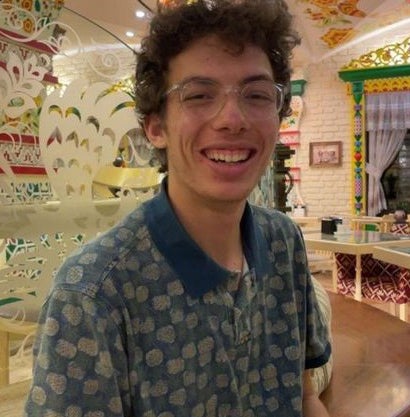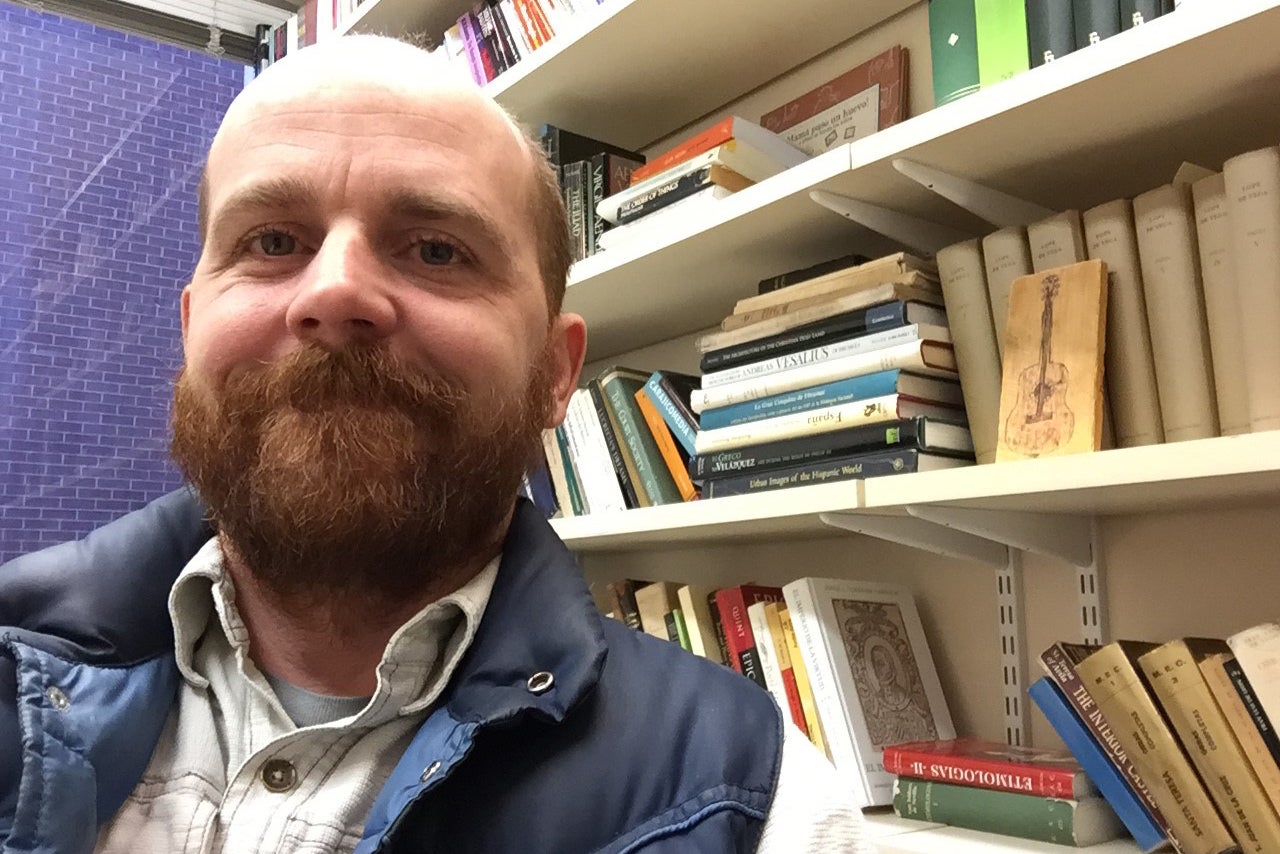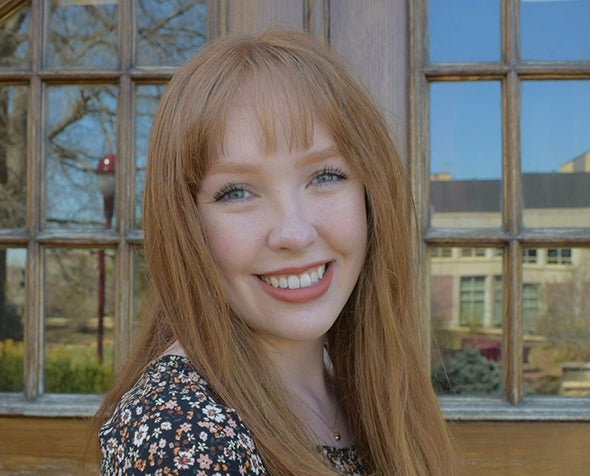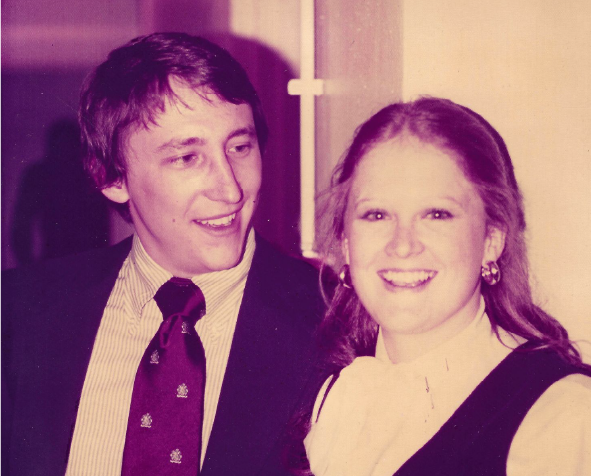CAHSS Student’s Study Abroad Paves Accelerated Path to International Career
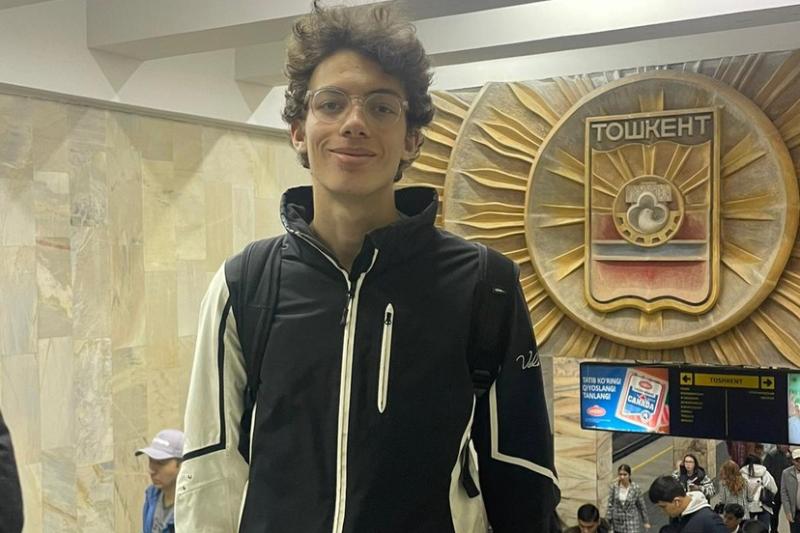
Josh Brito-Mariani in the Tashkent Metro in Uzbekistan.
Harnessing the power of words to tell stories in multiple languages captured Josh Brito-Mariani’s imagination at an early age. “I write a lot of poetry and creative nonfiction and that’s part of the reason language has been so important to me,” he said.
He learned Spanish from his father’s Dominican Republic family and German from his mother’s parents, instilling a lifelong passion for languages, cultures and travel.
His family moved frequently for his father’s job before landing permanently in Colorado where Brito-Mariani entered a STEM middle school program. He started teaching himself Russian in high school and decided to major in Russian and international studies at the University of Denver with an eye toward an eventual international career.
Finding a Firm Foundation in DU’s Russian Program
He credits the College of Arts, Humanities & Social Sciences (CAHSS) Russian program for offering an intimate, supportive learning community thanks to the teaching and guidance of professors like Assistant Professor of Russian Polina Dmitrieva Dimova.
"Joshua was a truly outstanding, talented, and creative student in my Russian classes,” Dimova said. “He became an eloquent speaker of Russian in just three years. More than that, he has developed his creative stake in Russian, as well. He now writes compelling poetry and stories in his adopted language, and at DU's annual World Poetry event hosted by the Department of Languages, Literatures & Cultures, he gave a striking performance of his Russian-language poem 'The Adventurer,' written during his study abroad in Bishkek, Kyrgyzstan."
“Learning a language the biggest hurdle is the immediate question of whether you can understand and respond to what someone is saying,” he said. “She always encouraged lots of exercises and fun discussions from the beginning but especially this past year, we’ve been able to have more fluent conversations.”
Watching and discussing Russian films and TV series continues to deepen students’ cultural understanding, according to Brito-Mariani. “We watched a Russian series called ‘Better than Us’ on Netflix this past quarter,” he said. “I had watched it three or four years ago on my own and understood generally, but now I really got everything including inuendo and humor.”
Meeting regularly online with a language partner from Russia has likewise bolstered his comprehension and conversational skills. And because he started studying Russian prior to entering DU, Brito-Mariani was ahead in the curriculum first quarter of fall 2021, enabling him to help classmates.
“Helping people in class has been part of being in community,” he said. “The Russian Department is a small, tight-knit group — we’re all good friends who support each other.”
Recently, he also took advantage of internship opportunities such as working with the CAHSS MarComm team where he helped produce the weekly and monthly newsletters. “It taught me a lot about community engagement and marketing,” he said, knowledge he hopes to leverage toward seeking future employment.
Enriching Language Learning through Study Abroad
In fall 2023, Brito-Mariani studied Russian abroad through DU’s partnership with the SRAS program in Bishkek, Kyrgyzstan, a country in the middle of Asia with a largely Muslim population that also speaks Russian. Although he had traveled in Latin America and Europe he’d never really ventured outside the west and found the experience eye-opening.
While the city’s climate and topography felt familiar — like Denver, Bishkek sits on high plains surrounded by mountains soaring up to 16,000 feet — the similarities ended there.
“They eat a lot of horse meat — which is actually pretty good — and a staple of the diet called ‘plov,’ a rice dish containing rice, meat, carrots and onions,” Brito-Mariani said. He often ordered his favorite dish ‘lagman,’ filled with vegetables and meat, at a restaurant near school. “The people eat a lot more bread and meat than I was used to which makes sense because they were traditionally nomadic before the Russian Empire.”
According to Brito-Mariani the Kyrgyz people’s strong community and family ties offer travelers a sense of safety, even while walking in Bishkek at night. “The people really trust and respect each other and are generally very quiet. A lot of Kyrgyz people I met told me they try not to say much, but they speak with their eyes.”
He found it refreshing. “Americans traveling are always very talkative but in Kyrgyzstan, you can be with people and it’s OK to not say anything at all.”
Nonetheless the first time he met his host family for lunch, they spoke Russian so fast he “really couldn’t hold onto anything.” But by the time he got to the end of the program, “I had learned so much more vocabulary and so many more grammar constructions. When I first got there it wasn’t that hard to ask for directions or order food, but it was difficult to get into more complicated conversations that I feel confident in now.”
His travel experiences included trips to mountainous Ala Archa National Park and Issyk-Kul, a huge lake near the Chinese border where students stayed in a hostel and rode horses. He also visited Suleiman-To, “one of the oldest archeological sites for early human activity” with its Zoroastrian [an ancient monotheistic religion] artifacts.
Brito-Mariani relished the opportunity to visit a French exchange counselor who had stayed at his host house in Kyrgyzstan and ended up teaching French in Uzbekistan.
“Uzbekistan is one of the more authoritarian places in Central Asia and it was weird because [as a result] when I first got to the capital city Tashkent, the city center was mostly empty and sterile although the main marketplaces and neighborhoods were livelier,” he said.
He then traveled to Samarkand. “It was the capital of the Timurid Empire, one of the last great Central Asian empires,” he said. “We visited Registan which is one of the oldest Islamic schools with all this beautiful Muslim architecture and huge mosaics that were very cool.”
The trip culminated in a visit to Almaty, Kazakhstan, “a very hip, new, more European city than Bishkek,” according to Brito-Mariani.
On track to graduate early at the end of the summer, he has been granted a Critical Language Scholarship (CLS) from the State Department to attend an eight-week Russian language study-abroad program in Tbilisi, Georgia this summer. He’ll live with a host family, attend daily classes and meet with a Russian language partner a couple of times a week.
“I will be signing a contract that I will only speak Russian unless I must talk with an advisor or am having trouble,” he said. “In Kyrgyzstan outside of class my classmates and I mostly spoke English, but my Russian is at a higher level now and I feel ready to really put myself out there.”
He’s also looking forward to exploring Tbilisi. “I talked to a diplomat who’s working there and CLS alumni and everybody says it’s super old, but also a hip city,” he said.
He hopes the experience will further his chances of landing a Fulbright research award to study Russian language use in post-Soviet countries.
“In countries like Georgia a lot of people know how to speak Russian but because of the Russian ‘invasion’ in 2008 and all the political repercussions, Georgians are really opposed to using the Russian language. I want to explore what it’s like to be speaking Russian while I’m there.”
Following graduation, Brito-Mariani plans to apply to the Foreign Service and eventually work in public diplomacy. “I hope to find ways to connect English- and Russian-speaking writers and artists, countries and people,” he said. “Using language to connect people is what I really want to do with my life.”
